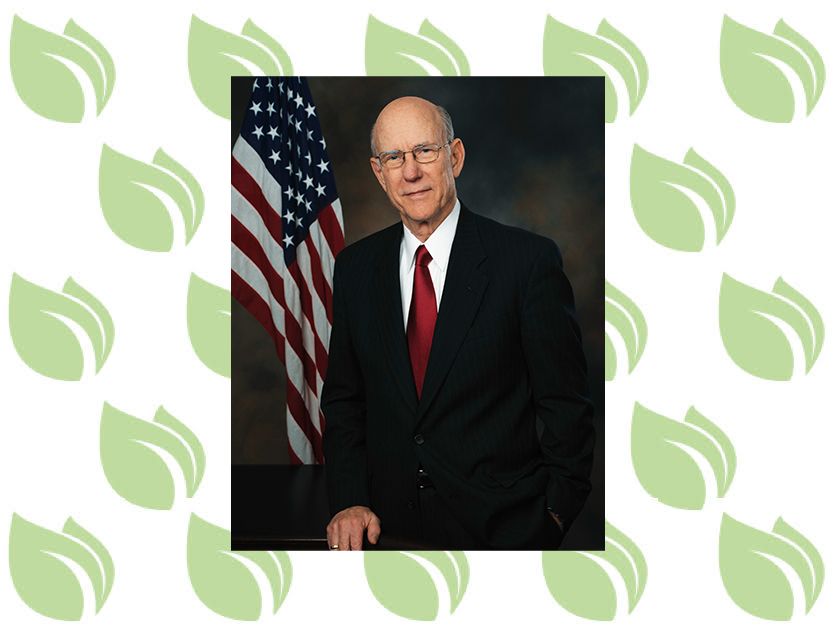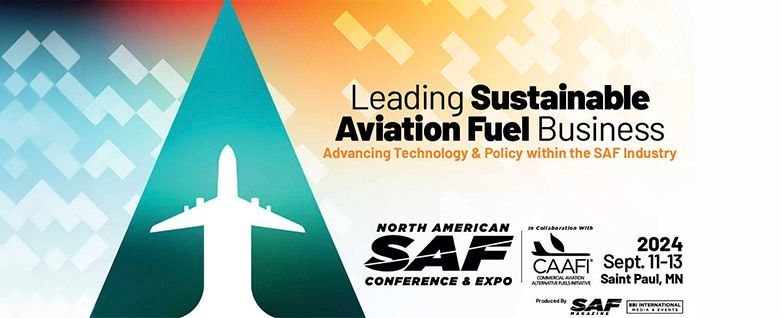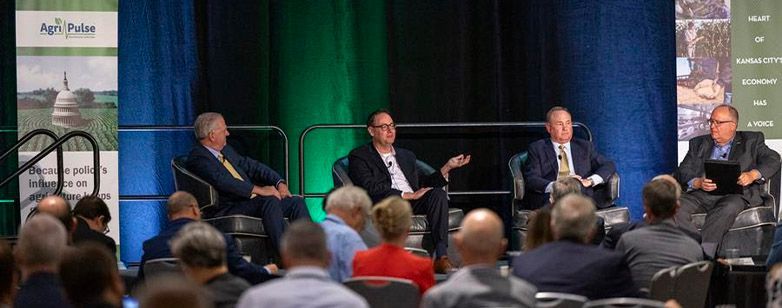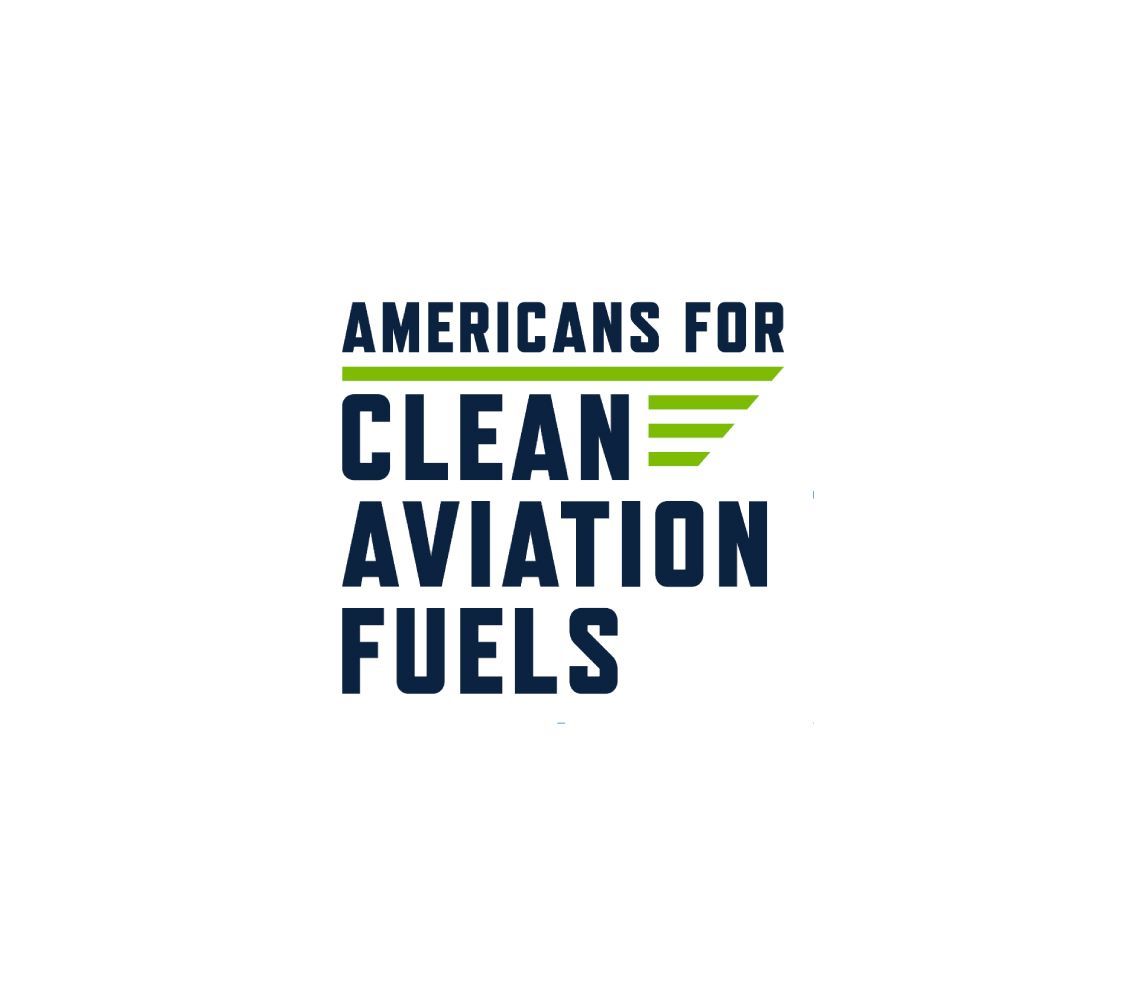Detroit News Op-Ed: “Michigan SAF Bill will help drive sustainable aviation”
Detroit News Op-Ed: “Michigan SAF Bill will help drive sustainable aviation”
In Case You Missed It: As Michigan works to produce 100% of its energy from clean sources by 2040, Amelia DeLuca, Chief Sustainability Officer for Delta Air Lines, makes the case in the Detroit News for why the state should prioritize legislation to help scale the market for sustainable aviation fuel (SAF) — a bill that will also work to create jobs and benefit Michigan farmers.
DeLuca: Bill will help drive sustainable aviation
By Amelia DeLuca
March 14, 2024
When Gov. Gretchen Whitmer signed historic clean energy legislation last November, it immediately positioned Michigan as a national leader in the fight against climate change. In fact, the global community took notice when the state set a goal to produce 100% of its energy from clean sources by 2040.
As leaders in the aviation industry, Delta Air Lines hopes Michigan will continue its efforts to help protect our planet by passing legislation to help decarbonize the aviation industry, a hard-to-abate sector. That’s why we’re advocating for the passage of Senate Bill 447, introduced by state Sen. Sam Singh, D- East Lansing, which awards key tax credits for the purchase of sustainable aviation fuel (SAF).
For Delta, driving ambitious sustainability goals is not only good for our planet, it’s a business imperative. Conventional jet fuel accounts for approximately 90% of our airline’s carbon emissions, so a viable alternative like SAF could dramatically transform the entire industry.
SAF is the most promising lever known today to accelerate the airline industry on a path to net zero carbon emissions by 2050; and SB 447 represents a key example of how we can get there, by turning local solutions into global solutions.
SAF can reduce lifecycle carbon emissions by up to 80% and provides an alternative to our greatest carbon emitter – conventional jet fuel. The beauty of SAF is that it is available now, and it can be used in today’s aircraft engines.
There’s just one problem: there isn’t enough SAF to fuel the world’s commercial airlines for a single day. As an industry, it's estimated that 35 billion gallons are needed in the U.S. alone by 2050.
Growing a viable market for this fuel will require a joint government and industry approach that bridges different sectors and interests in a meaningful way. Michigan has already made a commitment to use clean energy and invest in a more sustainable future, and state legislators can continue to make it a point of emphasis by prioritizing policies like SB 447.
Approval of this legislation would also be beneficial to agriculture in Michigan, which is an industry that contributes more than $104.7 billion annually to the state’s economy. Farmers can continue to earn money by growing biomass crops for SAF production, providing feedstocks to the market, while also securing benefits like improved soil quality and reducing nutrient losses for their farms.
The potential for job growth is feasible for other job industries as well, such as construction to build biorefineries and manufacturing for operating said biorefineries and infrastructure.
Since taking office, Gov. Whitmer has put Michigan on the map when it comes to fighting climate change. She’s also shown she has a plan to create jobs for the people of Michigan and boost the economy. Passing SB 447 is a logical next step to achieving both.
Amelia DeLuca is the chief sustainability officer for Delta Air Lines







